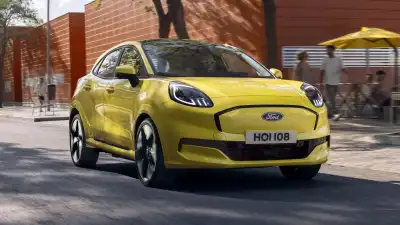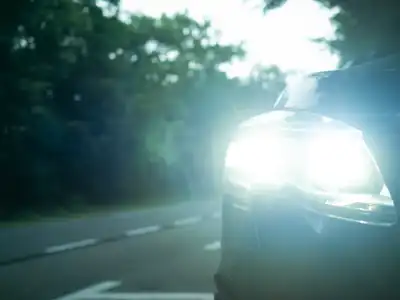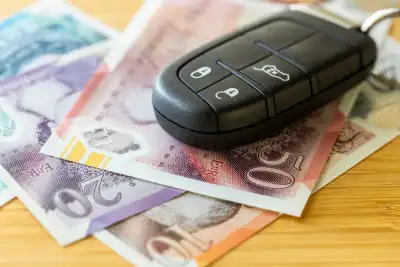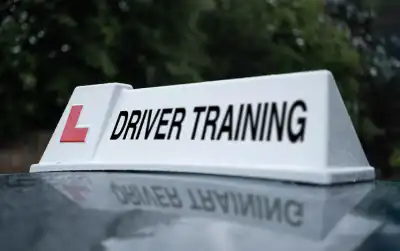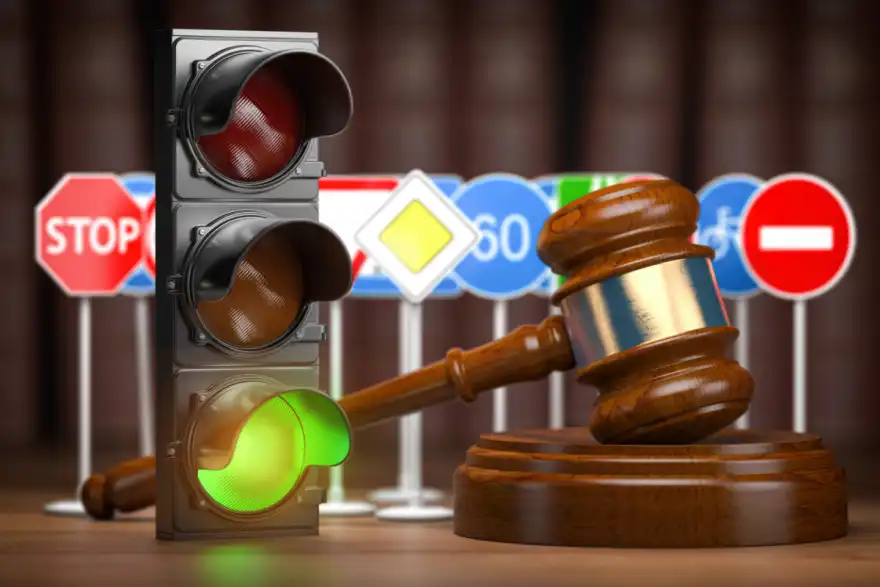
From 1 March, drivers in the UK will face new costs and regulations, so if you’re hitting the road, here’s what’s changing—and what it could cost you.
Company Car Costs Are Going Up
HMRC is updating its Advisory Fuel Rates, which affects company car expenses. The new rates are:
- Diesel (up to 1,600cc): 12p per mile (up from 11p)
- Petrol (1,401-2,000cc): 15p per mile (up from 14p)
- Electric vehicles: Staying at just 7p per mile
These changes kick in from 1 March, but businesses can use the old rates for one more month.
New ‘25’ Number Plates Arrive
If you’re getting a new car, the latest ‘25’ plates will be available from 1 March, showing the car was registered in early 2025.
This update often sparks higher demand for new cars, but it also means discounts on older models. If you’re in the market for a car, now’s a great time to grab a deal.
On the flip side, the DVLA has also banned a list of 25-reg plates deemed offensive or inappropriate.
Planning to get a custom plate? Be careful—the rules are strict.
- Plates must follow DVLA guidelines on font, spacing, and visibility.
- Fake "newer" plates aren’t allowed. For example, if your car was registered in 2015, you can’t slap a ‘16’ or ‘17’ plate on it.
- Breaking the rules can mean a £1,000 fine and losing the plate with no refund.
A second plate release will come in September, starting with ‘75’.
EV Owners Face a New Tax
From 1 April, all electric car owners will start paying car tax:
- £10 for the first year (for new EVs registered after this date)
- £190 annually from 2025, similar to petrol/diesel cars
- Expensive Car Supplement: EVs over £40,000 will pay an extra £195 from 2025
Driving Licence Update for Ukrainian Drivers
Drivers from Ukraine can now legally use their licences for up to 54 months (instead of 36) when driving mopeds, motorbikes, and cars in the UK.
AI Road Cameras Trial Ends
A trial of AI-powered road cameras—designed to catch drivers using phones or not wearing seatbelts—is wrapping up.
Ten police forces tested the system, and results will help decide if the cameras will roll out nationwide. National Highways is also exploring installing them on gantries above motorways.
More Funding for Electric Vans
If you’re thinking about switching to an electric van, extra government funding is now available:
- Small vans (up to 2.5 tonnes): £2,500 grant
- Larger vans (up to 4.25 tonnes): £5,000 grant
A total of £120 million has been set aside to help businesses make the switch.
EV Owners Can Dodge New Car Tax—For Now
From 1 April, EV owners will have to pay Vehicle Excise Duty (VED) for the first time. But there’s a simple loophole to delay the charge:
- Re-tax your EV before 31 March, and you’ll avoid the VED fee until 2026.
Driving rule changes aren’t just about money. The DVLA has revoked 140,000 UK licences recently, so make sure you’re up to date with new regulations to avoid fines—or worse, losing your right to drive.

